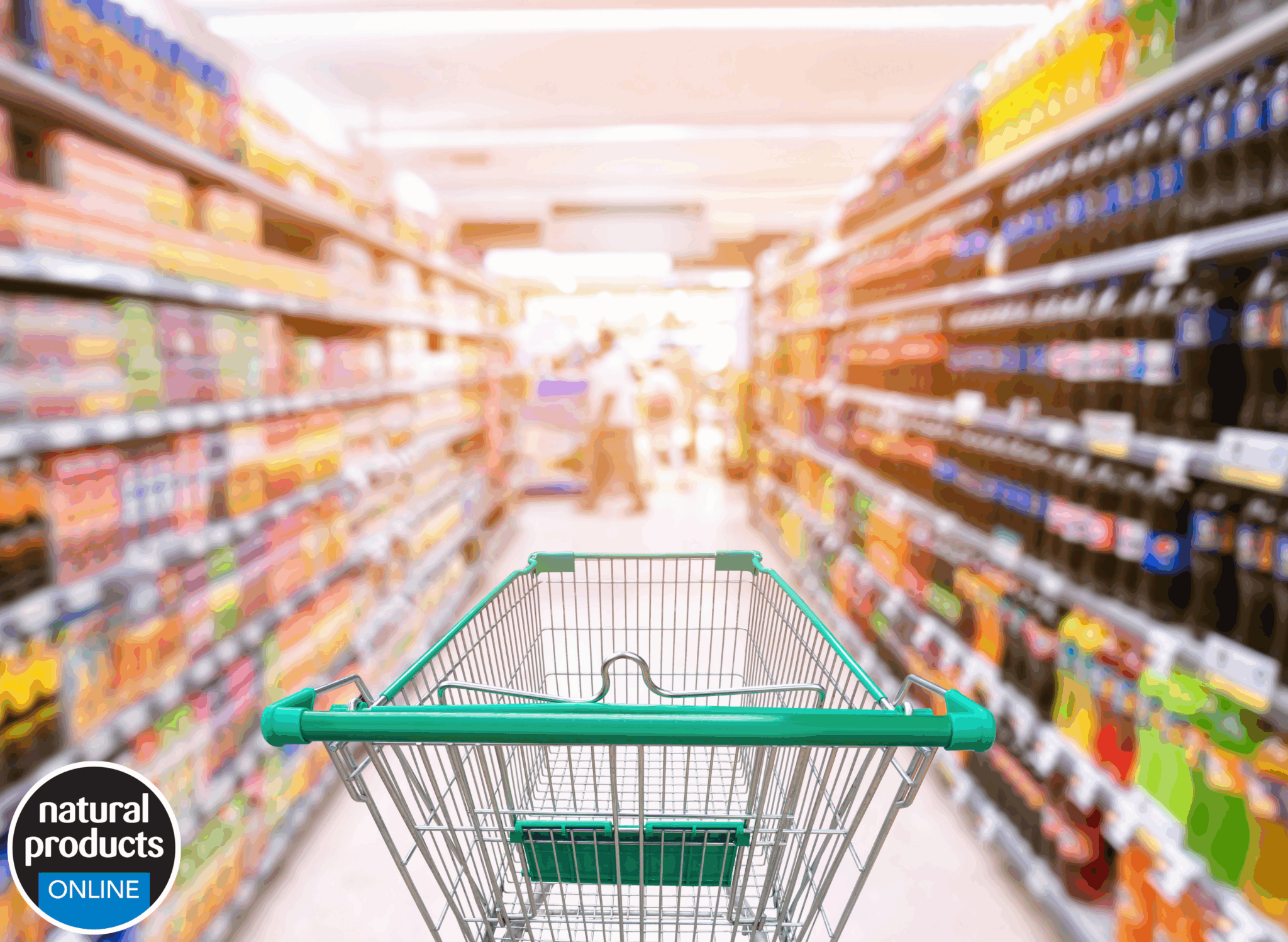Supermarkets are facing a storm of public criticism over their failure to tackle plastic pollution, with new research revealing widespread anger at the industry’s inaction.
According to findings released yesterday (Thursday 15th May 2025) by environmental campaign group Nature 2030, nearly four in five Britons (78%) believe supermarkets still rely too heavily on single-use plastic, while 69% accuse major chains of putting profits before the environment.
The research comes amid growing frustration over the UK’s plastic waste crisis. Government figures show that more than 12 billion single-use plastic bottles were sold across the UK last year, much of which is not recycled. Supermarkets alone are estimated to generate around 30 billion pieces of unnecessary plastic waste annually, performing worse than their counterparts in France, Germany, and Spain.
Campaigners say supermarket bosses are “deliberately stalling” progress on cutting plastic waste. Their criticism follows industry pressure to delay the UK’s long-awaited deposit return scheme (DRS), now scheduled for October 2027. The scheme, designed to encourage recycling by adding a refundable deposit to plastic bottles, has been widely adopted across Europe, where countries report recycling rates as high as 94%.
Earlier this year, representatives from Tesco, Lidl and ASDA called for the DRS to be postponed, citing financial burdens. But environmental advocates argue that similar systems have proven both effective and economically viable elsewhere.
The Government recently appointed an industry-led body—including executives from Tesco, Lidl and Co-Op—to oversee the scheme’s implementation, a move campaigners say risks undermining environmental goals.
“Britain’s plastic crisis can no longer be ignored,” said Sian Sutherland, Co-Founder of A Plastic Planet and the Plastic Health Council. “Supermarkets are turning a blind eye to the mountains of waste they produce each year, and they will not clean up their act alone; ministers must legislate.”
She warned that while the DRS is a step forward, it is “a drop in the ocean” compared to the scale of the problem. “If we are to see any real change, wholesale reduction in the production of plastic is desperately needed for the health of not only the planet but our bodies.”
Health concerns are also fuelling public frustration. Half of respondents in the Nature 2030 survey said they worry about the health impacts of plastic, and 49% said they would be more likely to shop at supermarkets that eliminate single-use plastic altogether.
Meanwhile, 57% support new taxes on companies that use unrecyclable plastic packaging.
Polly Billington, Labour MP for East Thanet and member of the Commons Net Zero Committee, echoed campaigners’ calls for tougher action.
“While the public grows increasingly concerned about the health impacts of mountains of unrecycled waste, supermarkets continue to generate millions of tonnes of unnecessary plastic packaging each year, leaving it to already over-stretched councils to clean up our beaches and natural beauty spots,” she said. “The deposit return scheme is a start, but we need comprehensive change from businesses to drive genuine reduction in plastic production, not just recycling targets that mask the true scale of the problem.”
Concerns have also been raised about the effectiveness of current recycling efforts. A recent investigation by the Environmental Investigation Agency revealed that 70% of soft plastic collected through take-back schemes at Tesco and Sainsbury’s was incinerated rather than recycled.
Dominic Dyer, Chair of Nature 2030, said it was unacceptable for major supermarkets to be in charge of the UK’s recycling infrastructure. “Big supermarkets are deliberately stalling the action we need to see and must not be left to mark their own homework when it comes to tackling plastic pollution,” he said. “Why should billion-pound companies be deciding our environmental laws when their track record shows they are clearly cannot be trusted?”
As plastic production is projected to rise in the coming years, campaigners are urging ministers to move beyond recycling schemes and enforce more aggressive policies to curb plastic use at the source.





